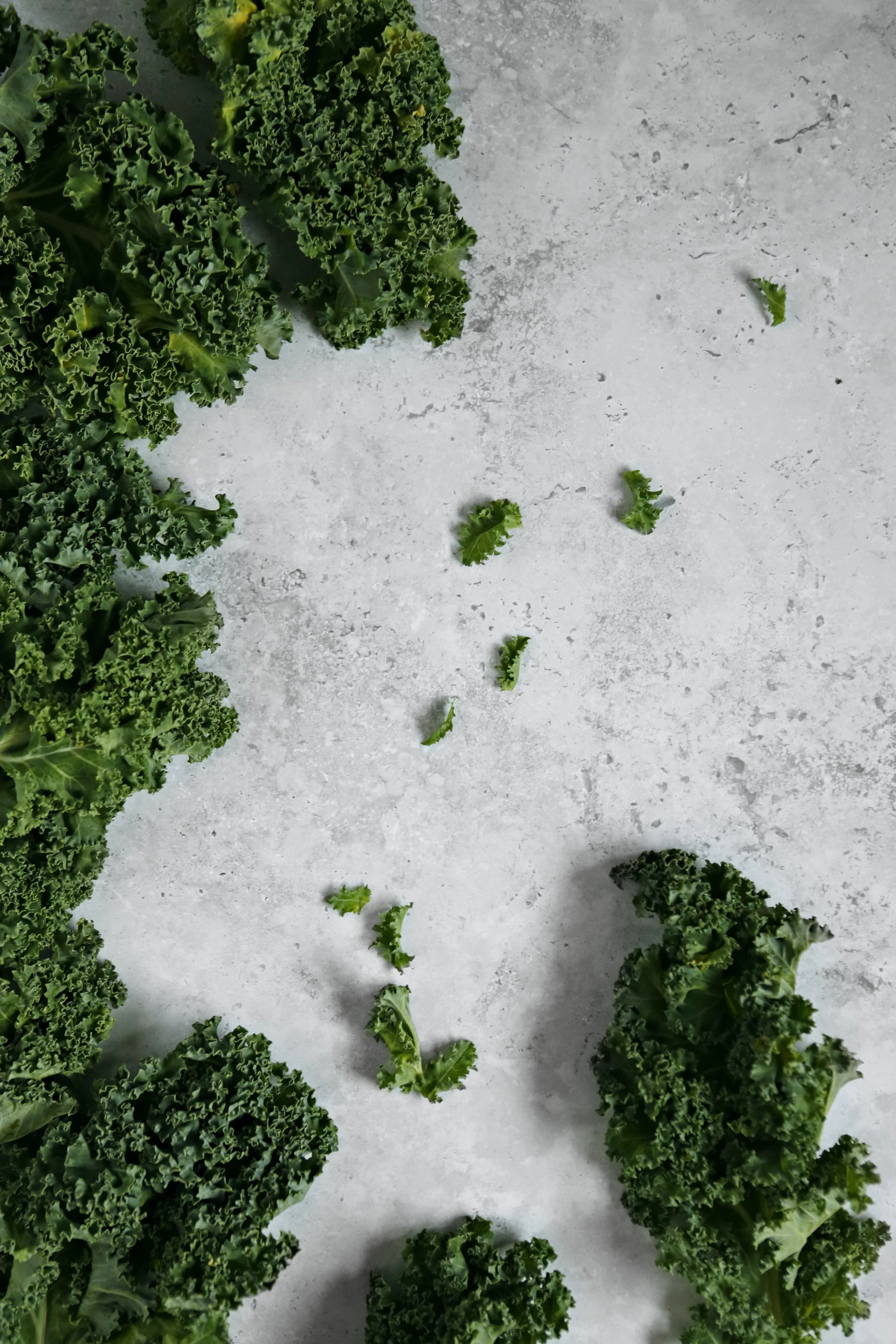Calcium in plant-based diets
What is calcium?
In nutrition, calcium is a mineral that the body needs in order to function at its best.
Why do we need it?
Strong bones
When your body makes new bone tissue, it fills in its foundations with calcium, which makes bones strong.
Muscle contraction
The proteins in your muscles responsible for contracting your muscles use calcium to do their job.
Helps blood to clot
How much do we need?
The NHS recommends adults (19-64yrs) should have 700mg of calcium a day.
Where is calcium found in plant-based foods?
Generally, the darker and leafier your green vegetables, the higher in calcium they will be. For example, kale, rocket salad and spinach (more on spinach below).
Fortified foods: plant-based milks and bread. Read the label of your milk to find out if it’s fortified; flour in the UK is fortified by law with various minerals, calcium being one of them.
Calcium-set tofu and soy beans.
Nuts, such as almonds).
What’s the difference between calcium in dairy and calcium in plants?
‘Bioavailability’ is the way in which amounts of certain minerals can be used by your body. Some nutrients are more bioavailable to your body (can be better absorbed and used) in certain states, after certain cooking processes or inherently due to their chemistry.
Whilst dairy products tend to contain larger amounts of calcium per given amount, it’s in a less bioavailable form to the body than calcium found in plants (so your body absorbs more of the calcium found in plants than it does in dairy). More of that here, if you’re interested.
What’s the deal with calcium in spinach?
Calcium in spinach is great, but it’s bound to compounds called oxalates (found in many plants) which block the absorption of nutrients they are bound to (like calcium). One way to get around this is to simply cook your spinach (briefly). Steam it, until wilted or boil it briefly - this releases the calcium from the oxalic acid and means you can absorb it a lot better (a.k.a. increasing the bioavailability).
Conclusion
Don’t skip the calcium, folks - in the short-term, you need it to help your body on the day-to-day and in the long term it helps you avoid conditions like osteoporosis. Eat those dark leafy greens.
Calcium in food: mg per 100g edible portion
Items listen in black and italic are done so given that you’re unlikely to consume 100g edible portion of it. Items were selected for interesting point of comparison.
Basil (fresh): 250
Almonds: 269
Kale (boiled in unsalted water): 231
Rocket salad: 216
Cress: 138
Cow’s milk (pasteurised, semi-skimmed): 120
Spinach (raw): 119
Pak choi: 73
Green beans: 61
Broccoli (steamed): 44
Iceberg lettuce: 24
Cauliflower (boiled in unsalted water): 19
Reference: McCance & Widdowson, 2021.

